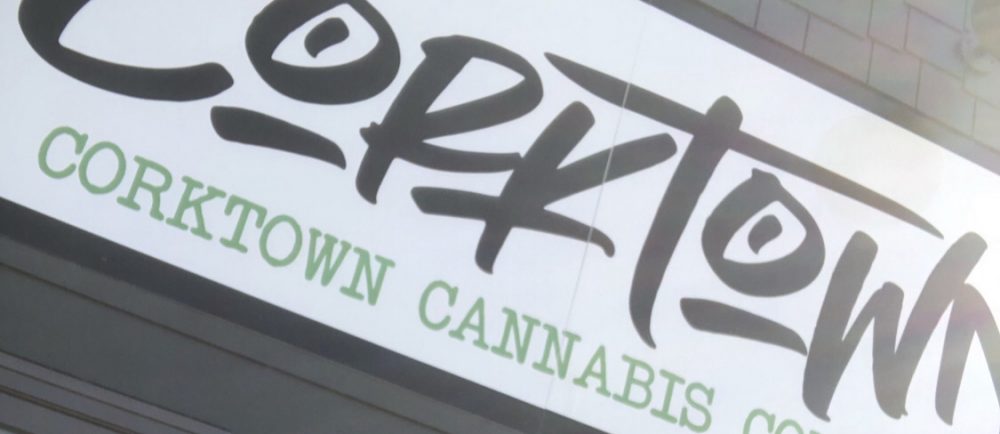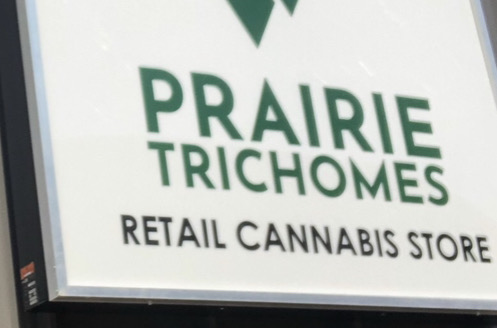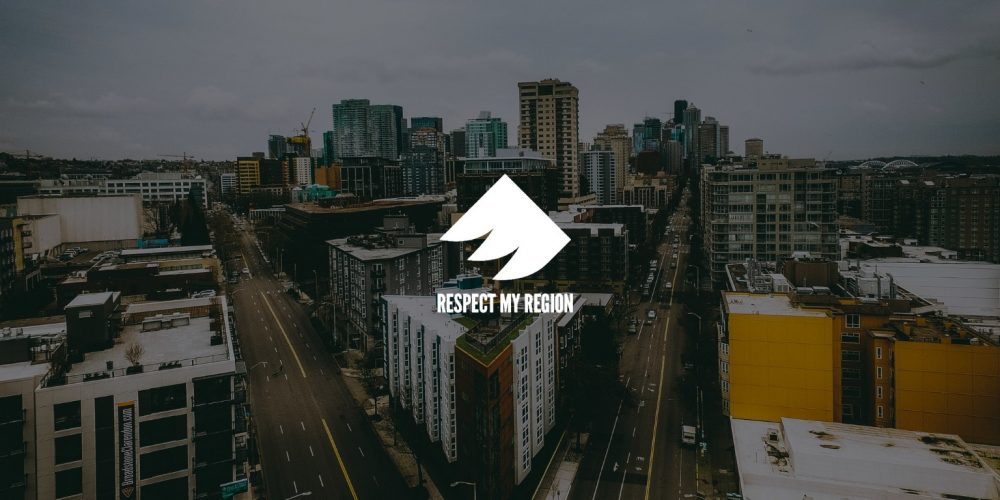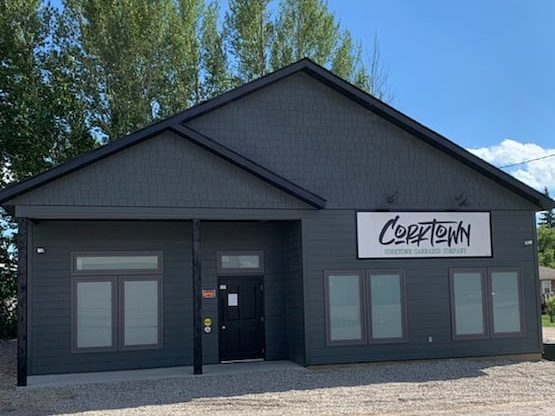Indigenous communities in Canada are looking to bypass Manitoba retailers. The Keeseekoowenin and Waywayseecappo First Nations are two in particular desiring further autonomy. Both communities are easily accessible from the #45 Hwy and appear abundant in agriculture as well as commercial use land-base. This bears well in comparison to farmland and rural developments between Corktown Cannabis Company in Russell, Manitoba, and to the Southeast with Prairie Trichomes in Neepawa.

Continuing from Part One, “Manitoba Retailers Are Fighting To Maintain Regulations,” a Prairie Trichomes Retail Cannabis Store might crop up in a Manitoba town near you. They have grasped the opportunity in Manitoba’s cannabis industry and opened multiple stores this year. This rapid expansion in the Riding Mountain region brings pros and cons for consumers. If you’re indeed finding the cons outweigh the pros, then head south into the city for more selections.
Brandon’s Variety Of Cannabis Stores

Image via FVLtd. IG
If you do in fact head South to Brandon from Wasagaming, you’re going to pass Rolling River First Nation. If Brandon’s variety of cannabis stores isn’t cutting it for you then it’s another 150 km West to Cannabis 204. Along the way you will pass Sioux Valley First Nation’s exit from the TransCanada highway.
Remaining Open Hasn’t Been An Issue
Manitoba’s code red lockdown caused Corktown Cannabis Company to temporary close, but they reopened as an Essential Service. Remaining open hasn’t been an issue since January 2020. Corktown Cannabis is Ontario owned with only one Manitoba competitor established within a 150 km radius. They are located in a unique economical position in terms of a broad and steady-fluctuating consumer base.
Set up in the Asessippi, which is also a lit spot for global tourists all seasons, and popular among US neighbors for fishing and provides ski slopes known by European cousins, Corktown might remain somewhat unknown to this consumer base for now. However, it is likely to soon have customers from all curves of the earth.

The Lake of the Prairies in Manitoba, via Aessippi Parkland Tourism on Facebook
Cannabis Stigma Still Exists For Many People
While at Corktown, customers can expect to see someone new every five minutes. Whether they’re individual or in pairs, people are always purchasing accessories and cannabis products. The store manager agreed that Indigenous patrons represent an identifiable portion of the town’s general consumer base. Corktown owners were unresponsive at staff requests to speak further on the article subject.

Management identifies a cannabis stigma still present for many people regardless of race or ethnicity. Across the street at the liquor mart, customers come and go openly, but still approach and enter Corktown discreetly. Covid-19 has done it’s part limiting the store’s connection with customers but strict brand marketing regulations make it even more difficult.
Routes To Manitoba Cannabis Can Lead To Deeper Indigenous Roots

Indigenous Bloom is Indigenous owned and perfectly accessible to high volume traffic from the #1 TransCanada Hwy. Accountability and quality can be seen for miles from the Portage La Prairie bypass. These routes to Manitoba cannabis lead to having deeper Indigenous roots in the Canadian cannabis industry.
All Eyes On The Keeshkeemaquah Centre
Reconciliation by way of participation was in the works until sales and popularity began to spike for Indigenous Bloom. With all eyes on the Keeshkeemaquah Centre in Portage La Prairie, MB, the province issued an injunction ceasing all operations. Non-cannabis media across the region inadvertently stigmatized the situation of quality assurance non-compliance procedures.
When speaking exclusively with Stephen Prince, a director of Indigenous Bloom, regarding the routes to Manitoba cannabis, he offered the following: “Quality assurance and public safety remain our focus through this temporary setback.”
When responding to questions regarding points of clarification surrounding the injunction and lengthy “temporary” store closure placed against Indigenous Bloom, Stephen elaborated, stating “Health Canada provides an excellent quality assurance program, especially during the lot sample analysis procedure and our most recent sample submission tested positive for one contaminant. This normal learning process for many Canadian LH’s is minor compared to educating the previous premiere about sections of Bill-C45 Indigenous Cannabis Production.”
Taking Professional Steps To Begin Moving Forward
“Indigenous Bloom and LPFN are taking professional steps to begin moving forward hand-in-hand with the province and our independent board of Indigenous Cannabis experts. We are preparing to reopen soon and with new varieties of brands and products.”
Stephen Prince, Indigenous Bloom.

This three-part article doesn’t speak to private or silent invested Indigenous partnerships or parent corporations. We navigate the lesser known trails that blaze voyage into Manitoba’s growing Cannabis Industry. #decolonizecannabis is focused on increased Indigenous economic participation in Canada’s Cannabis and Music Industries.








